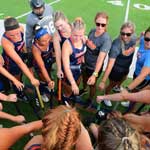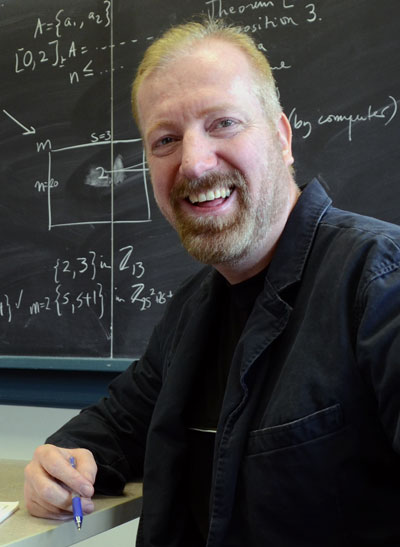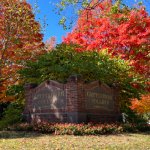

Students in the mathematics department at Gettysburg College are contributing to the development of new math around the world.
Recently, conjectures made by Cody Kiefer ’17 were proven by an international team of mathematicians from France, Ecuador, and Venezuela. The work was completed by Kiefer as part of his studies in MATH 301, Intermediate Research in Mathematics, with Prof. Béla Bajnok.
“Each of our research courses at Gettysburg is really comprised of three classes: MATH 201, 301, and 401,” said Bajnok, explaining that the three classes are geared toward three different kinds of students depending on their backgrounds and interests. Keifer enrolled in MATH 301, which not only presents students with new cutting-edge material, it also challenges students to formulate proofs for conjectures and craft professional papers as well.
“Our independent research courses are greater than the sum of the individual parts,” he added. “The research is complex and multifaceted, allowing students with more advanced mathematics backgrounds the opportunity to collaborate with other Gettysburg students. It brings our students results that are both incrementally attainable and, in theory, publishable.”

At Gettysburg, Kiefer was an environmental studies and mathematics double major, and a standout student-athlete on the Bullets basketball team. Today, he is pursuing his master’s degree in conservatory and biodiversity at the University of Exeter in Cornwall, England. Specifically, Kiefer has an interest in the applications of geographic information system (GIS), spatial analysis, and innovative technology for tackling issues of wildlife conservation, ecological research, and climate change mitigation.
As a student on campus, Kiefer was never forced to choose between his passion for the environment or his curiosity in complex mathematics. On the contrary, through Bajnok’s research course, Gettysburg students discover how seemingly separate disciplines intersect, while simultaneously developing valuable career skills.

“Few courses empower students as much as a research course,” said Bajnok, who served as a mentor to Kiefer throughout his years at Gettysburg College. “In addition to learning about exciting current and lively topics, students have the opportunity to perfect a wide variety of skills from dealing with setbacks to presenting their accomplishments. It is yet another example of what our liberal arts education is all about.”
While the liberal arts have existed since antiquity, Bajnok is quick to point out that three of the seven pillars on which it stands are rooted in mathematics: logic, arithmetic, and geometry (the others being grammar, rhetoric, astronomy, and music).
“A mathematics program rooted in the liberal arts helps a student explore the synergy between all academic fields,” said Bajnok. “In turn, I believe our young graduates are more fully prepared to tackle the complex issues facing society as a whole.”


